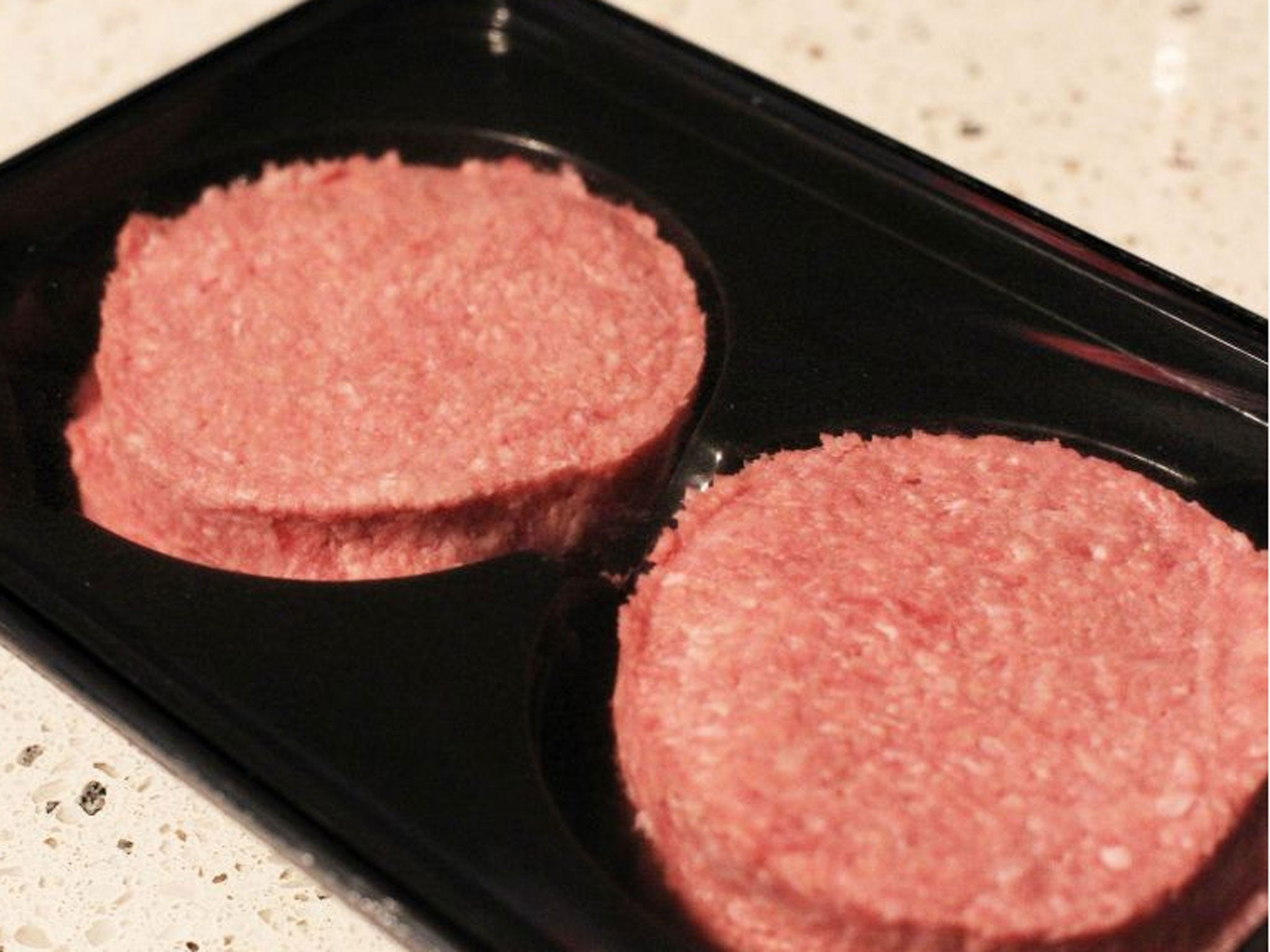British horsemeat suspects released on bail
Drug linked to human blood disorder found in eight out of 206 carcasses tested

The three men arrested as part of the investigation into the horsemeat scandal have been released on bail.
Dafydd Raw-Rees, 64, the owner of Farmbox Meats near Aberystwyth, and a 42-year-old man were arrested on Thursday.
In a simultaneous operation a 63-year-old man at the Peter Boddy Slaughterhouse in Todmorden, West Yorkshire, was arrested and all three were questioned on suspicion of fraud.
The men will return to answer bail in Aberystwyth at a later date, Dyfed Powys Police said.
Dinos & Sons Continental Foods, another plant raided on Thursday, said it was "co-operating with local trading standards officers and the FSA".
The site, in Tottenham, north London was closed this morning, with no visible signs of activity.
Ina statement yesterday, the company said: "Dinos & Sons has been asked to clarify its position in respect of the transportation and storage of frozen beef that was imported by, and belonged to, a third party that the FSA is investigating.
"At no time has Dinos & Sons produced or manufactured anything that is under investigation or is the subject of any possible contamination or mislabelling."
Thursday's operation was disclosed just as Asda became the latest major British supermarket entangled in the crisis. It took a 500g beef bolognese sauce off the shelves, the first time a fresh beef product has tested positive for undeclared horse. Asda also withdrew a 600g beef broth soup, 500g meat feast pasta sauce and a 400g chilli con carne soup as a "precaution".
Like many other developments in the scandal, the news was slipped out shortly before 7pm. As the Government sought to reassure the public, the Food Standards Agency (FSA) revealed that veterinary drug phenylbutazone, or "bute", was found in eight out of 206 carcasses tested over seven days this month.
The anti-inflammatory drug is linked to a rare blood disorder in humans, but the Chief Medical Officer, Sally Davies, said that the risk of ingesting a significant dose through horse meat is extremely small. A human would have to eat hundreds of bute-tainted burgers in a single day to receive a significant dose, she said.
And yesterday it transpired that horsemeat-tainted burgers have been supplied to hospitals in Northern Ireland.
Janice Gillan, chairman of Hospital Caterers Association, told BBC Breakfast this morning that all food suppliers to hospitals would be assessed to trace the sources of their meat products.
She said: "There is no risk to patients because patient safety is our ultimate paramount. The vast majority of hospital catering is produced on site using fresh butcher meat and all our suppliers are independently assessed and audited.
"The independent assessor is currently out reassessing all our suppliers at the moment to get real assurances for the public.
"What we really need is full traceability of all meat products because we know that all animals have passports, so you can trace the animal from the birth through the food chain."
